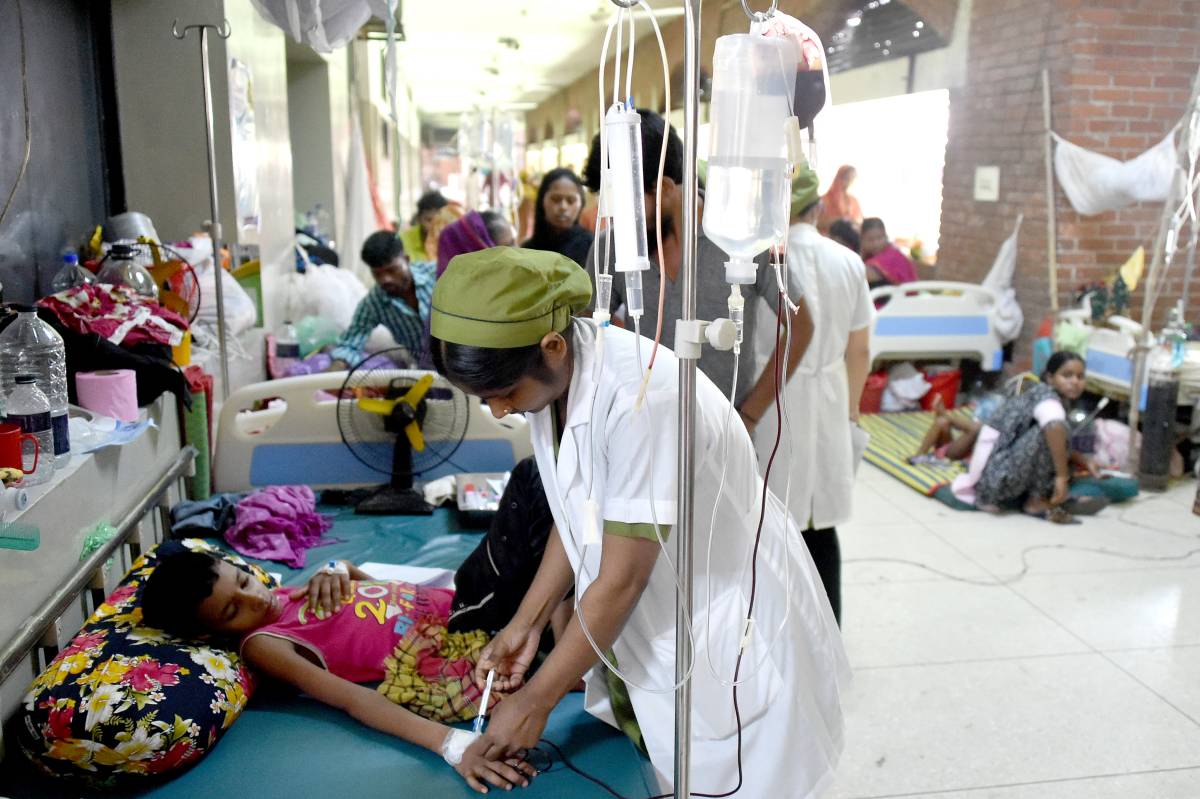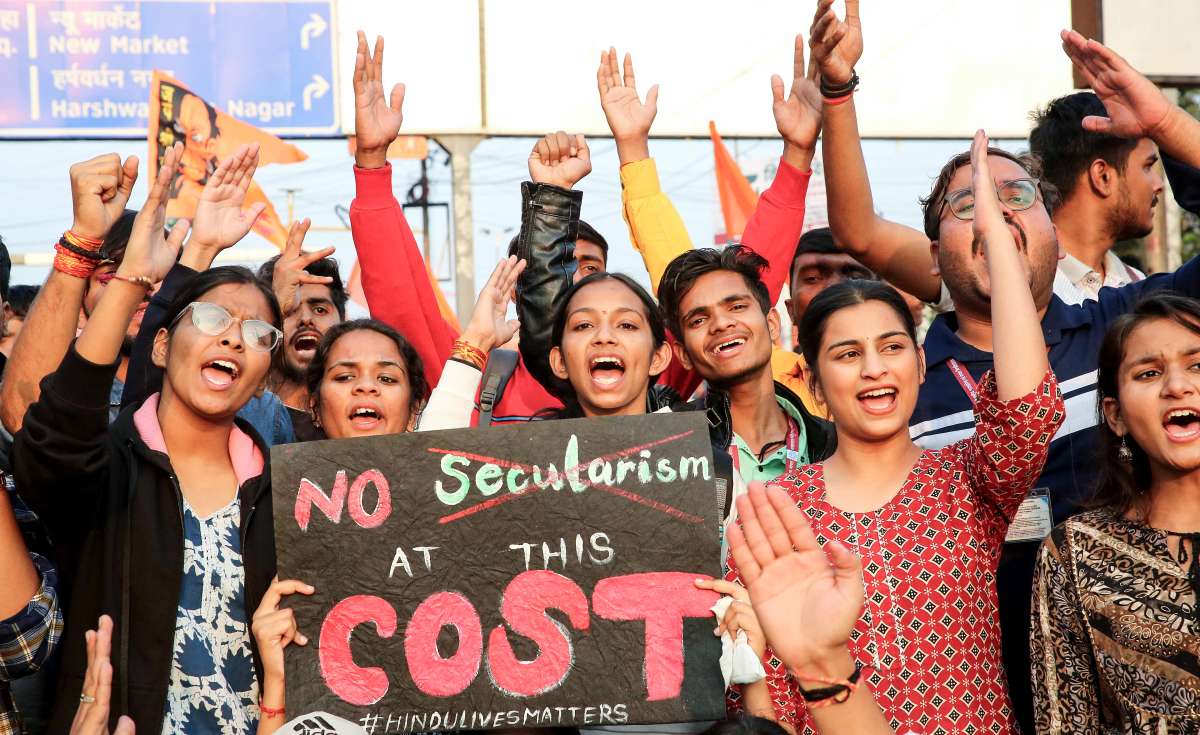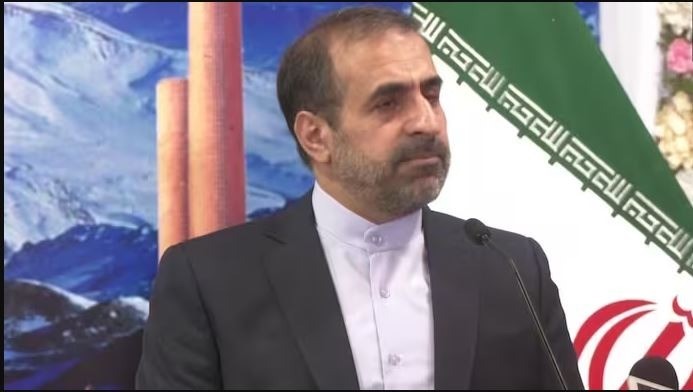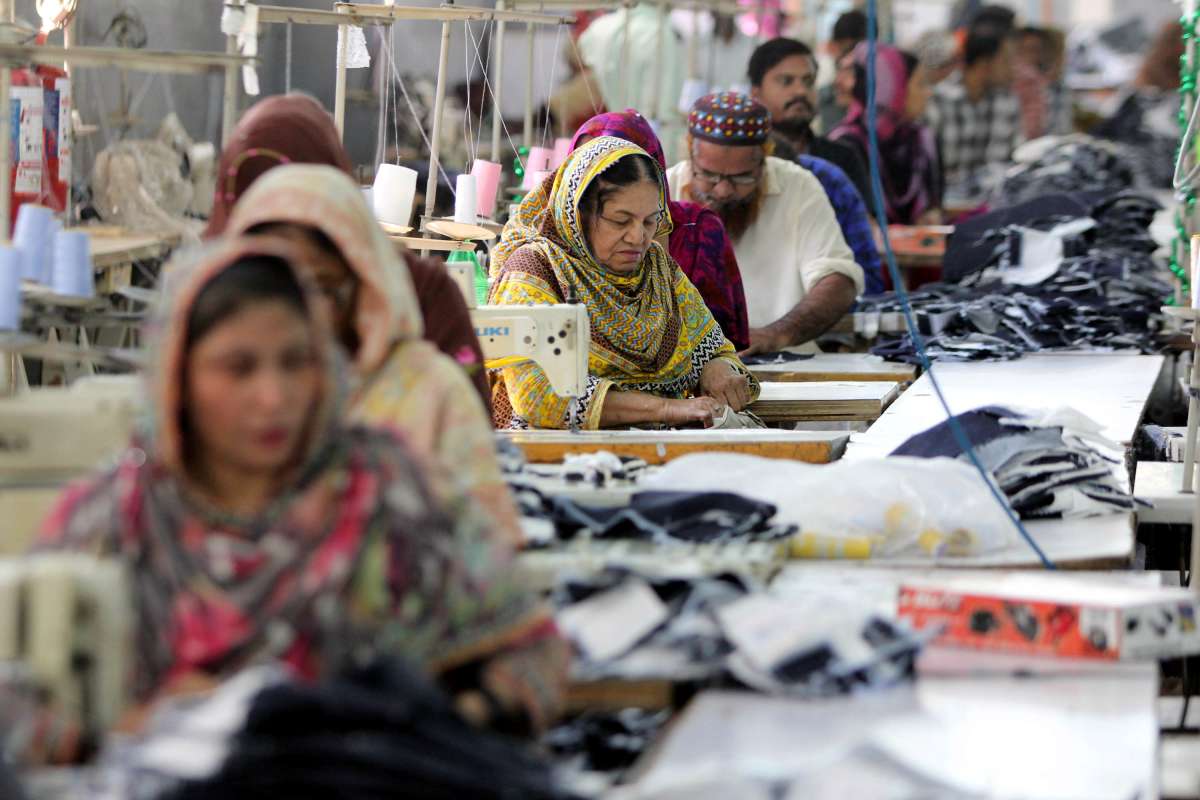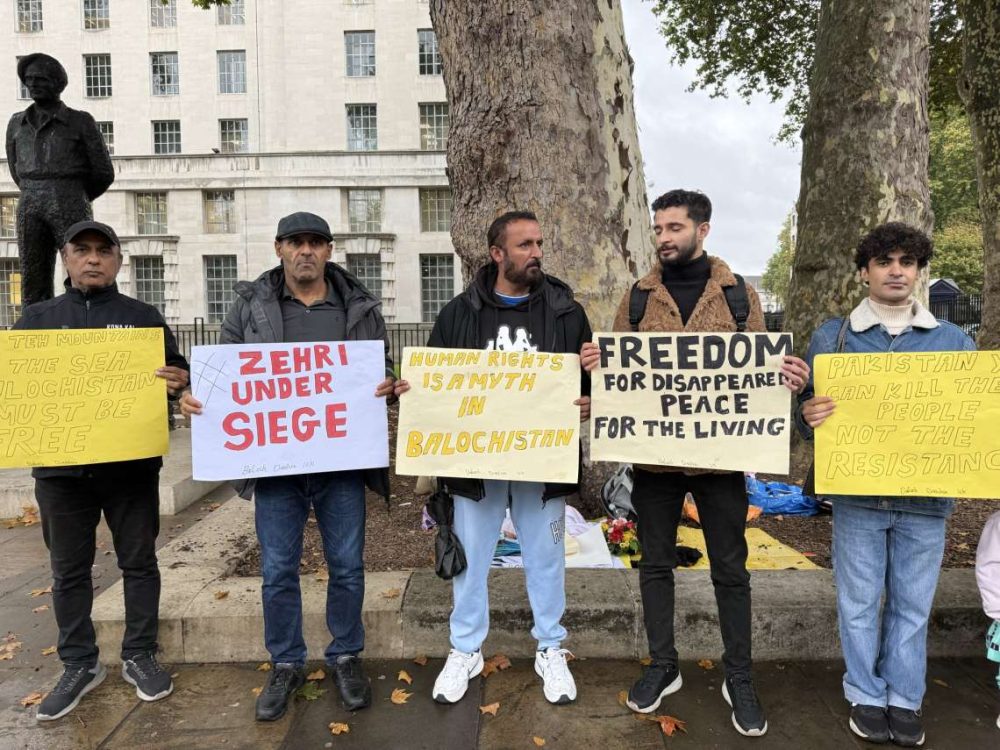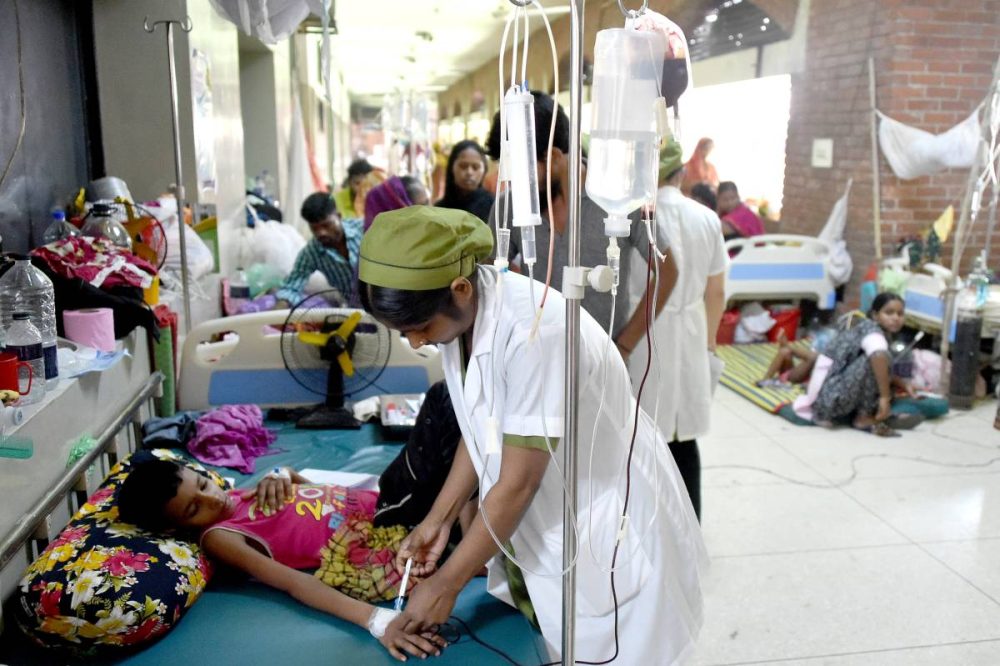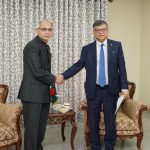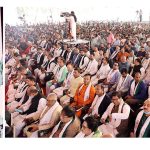IMF Director for Asia and Pacific said Bangladesh is getting inflation under control by tightening monetary policy and hailed country’s more flexible exchange rate…reports Asian Lite News
International Monetary Fund (IMF) has praised the various measures of the Bangladesh government to address the challenges of the financial crisis observing that Bangladesh’s economy is on the right track, Dhaka Times reported.
The country is getting inflation under control, IMF noted.
“I think the economy is on the right track in terms of meeting the objective of the program, getting inflation under control and addressing macroeconomic challenges given the difficult global environment,” IMF Director for the Asia and Pacific Department (APD) Krishna Srinivasan said on Friday.
The IMF director said this while speaking at a press conference on “Economic Outlook for Asia Pacific” as part of the annual meetings of the World Bank Group and IMF.
“They have tightened monetary policy to reduce inflation. They have allowed a more flexible exchange rate,” he added.
He mentioned that every country of the region including Bangladesh has been facing challenges due to the global crisis and emphasised that the countries must redouble their efforts to advance growth-enhancing reforms.
Raising government revenue ratios from low levels would allow for additional spending on important needs such as education and infrastructure, while keeping public debt in check, he added.
He said strengthening multilateral and regional cooperation and mitigating the effects of geo-economic fragmentation are vital for Asia’s economic outlook in the coming years.
To that end, he said, reforms that lower nontariff trade barriers, boost connectivity, and improve business environments are essential to attract more foreign and domestic investment across the region.
Dhaka Hails India Ties
Calling India the “most important” country in South Asia, Bangladesh Foreign Minister AK Abdul Momen said that the partnership between New Delhi and “emerging” Dhaka, filled with newfound “confidence,” carries great significance for ushering in shared peace and prosperity in the region, Bangladesh-based BNN News reported.
He also said that Dhaka wants visa-free relations with New Delhi for the travellers of both countries in the coming days, Bangladesh-based The Business Standard reported.
“Both countries are expecting a visa-free India-Bangladesh relationship along with a quick resolution of the visa process,” Momen said, chairing the annual ‘Bangladesh-India Friendship Dialogue’.
He added, “Following the historical footsteps of Bangladesh-India relations, the two countries are working for mutual excellence in bilateral trade, education, culture, society and technology”.
Responding to a question from journalists, the minister said, “Bangladesh and India share a common principle regarding Teesta water-sharing. It is stuck for some reason and will be resolved over time”, The Business Standard reported.
He further said that cooperation and collaboration with India are seen as essential tools for this endeavour.
“Collaboration among neighbours in South Asia through strategic partnership for shared peace and stability, we believe, we can establish a peaceful region,” BNN News quoted Momen as saying.
The Bangladesh Minister added that the Prime Minister Narendra Modi and his Bangladesh counterpart Sheikh Hasina share a close understanding. The bond between the two countries has reached a zenith, reflected in an all-encompassing bilateral partnership built on the foundations of sovereignty, equality, trust and understanding.
Momen added that the rapid emergence of India as a global economic power with a robust economic foundation presents a golden opportunity for Bangladesh.
“A strong and vibrant India offers Bangladesh tremendous economic opportunities, and Bangladesh should exploit the high growth of the Indian economy fully to accelerate her own economic development,” BNN News quoted him as saying.
Over the last decade, the Bangladesh-India Friendship Dialogue has served as a critical platform for strengthening bilateral relations between the two nations. The theme of this year’s Dialogue is ‘Fostering a comprehensive and mutually beneficial partnership’, BNN News reported.
The four-day ‘Bangladesh-India Friendship Dialogue’ was held on October 5-8 to strengthen the friendly relations between Bangladesh and India, and developing education, culture and business sectors in the two nations, The Business Standard reported.
Six ministers and 20 MPs participated in the dialogue from the Bangladesh side, while a 140-member delegation from India arrived in Sylhet to join the four-day event.
They expressed firm determination to further strengthen the bilateral relations between the two countries. (ANI)



